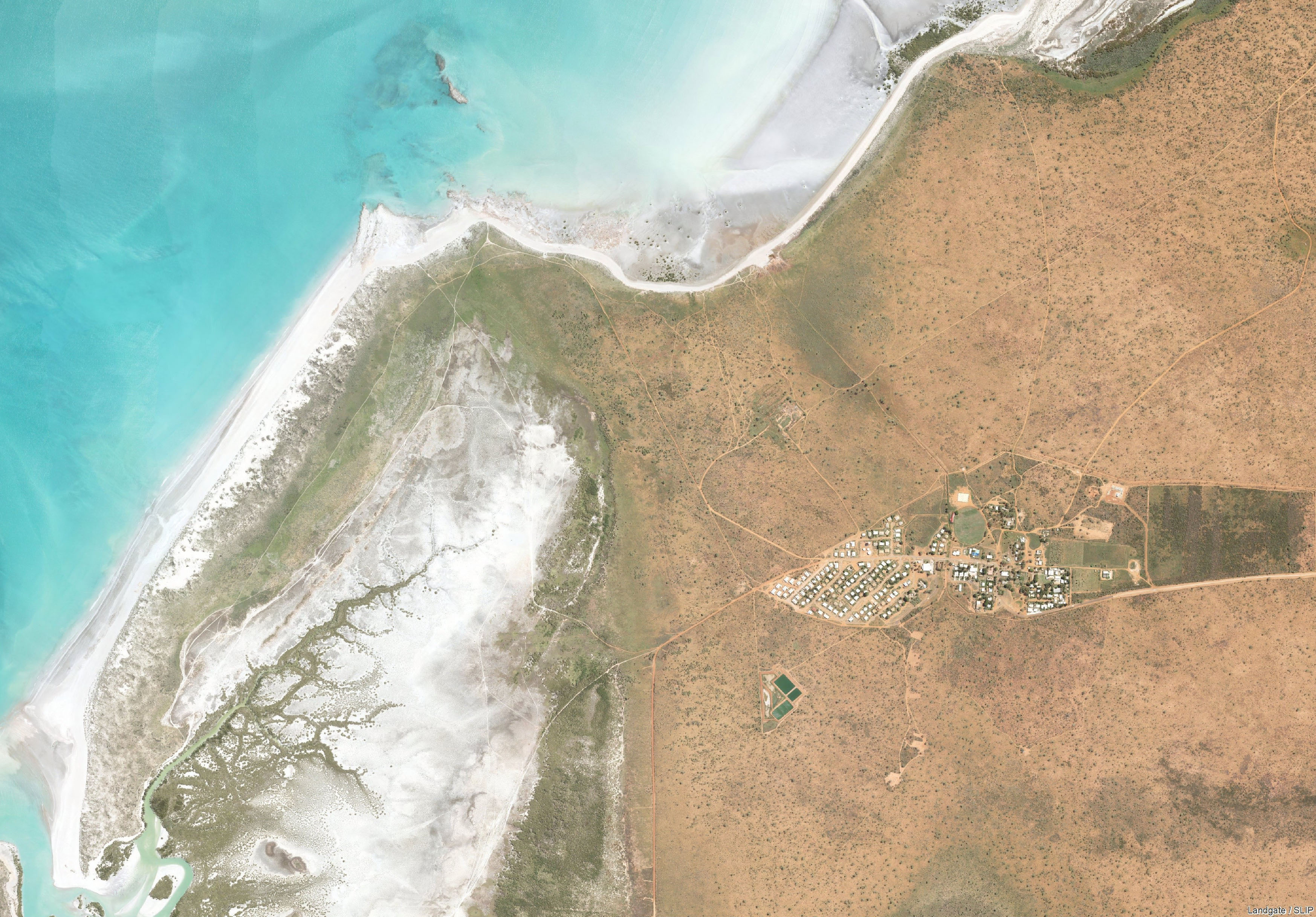The Bidyadanga Land Activation Pilot project is a $7.3 million place-based partnership between the WA Government, community residents and native title holders to remove land tenure barriers and deliver a sustainable future for Bidyadanga, WA’s largest remote Aboriginal community, through an Indigenous Land Use Agreement.
Land tenure reform is considered the first step of full economic transformation and its resolution will enable future economic activation, business development and the regularisation of services across the community.
While appropriate tenure is a necessary first step to land activation, it is not possible to realise the community and native title holders’ aspirations if their proposed developments do not comply with the local planning scheme, building codes, heritage laws and regulations.
As is common across remote Aboriginal Communities, the Bidyadanga community has historically faced inflexible land tenure arrangements, as well as a confusing mix of tenure types.
As a new way of doing business, the objectives of the Bidyadanga Pilot stretch beyond the resolution of land tenure and native title issues, to adhering to land use planning, building code and heritage laws and regulations (and other statutory requirements) and addressing any issues that may arise from Community By-laws.
Divestment of the Aboriginal Land Trust Reserves is an additional objective of the Bidyadanga Project. Divestment should result in a change of tenure that provides Aboriginal people with direct control or management of the land.
The Bidyadanga Pilot recognises that Government must work in partnership with Aboriginal people by keeping culture at the heart of reform.
Transformation must be built around the Bidyadanga community's own vision for the future and cannot be realised without local leadership and the active participation of native title holders and community members.
To support this co-design process, cultural mapping is being used as a valuable engagement tool to assist the Bidyadanga community identify and reclaim resources with the aim of developing a pathway towards sustainable growth and sustainable livelihoods.
For more information, read the Minister’s Media statement ‘Ground-breaking pilot project launched to drive economic development in remote Aboriginal communities’.



